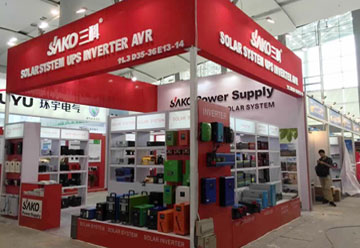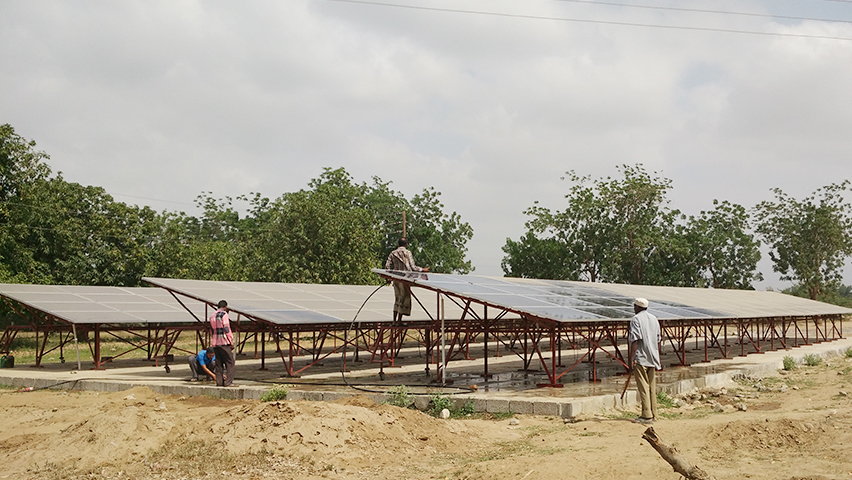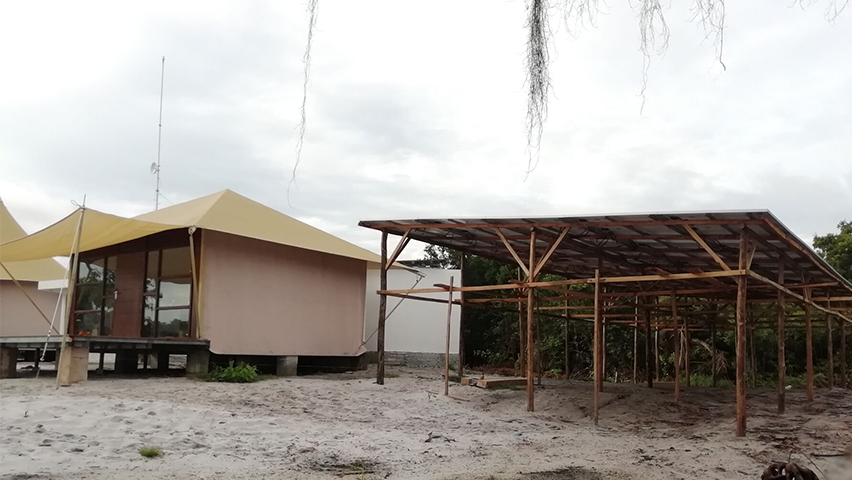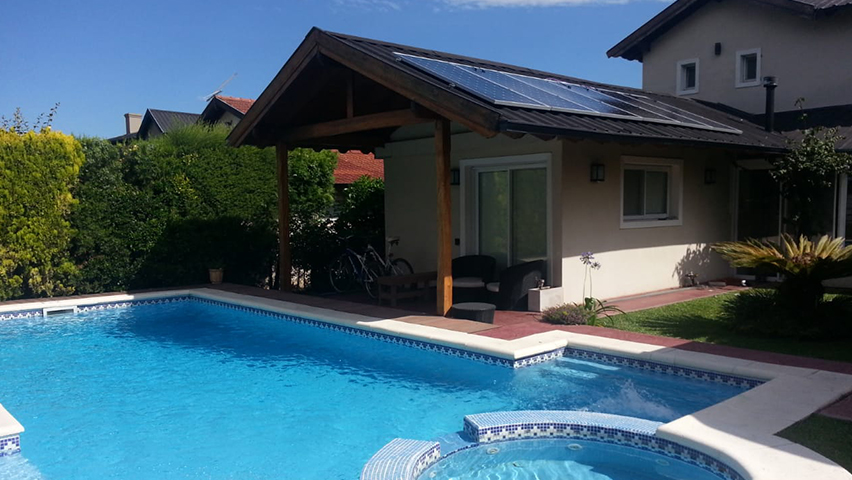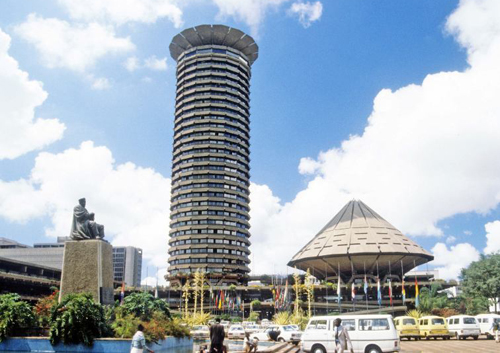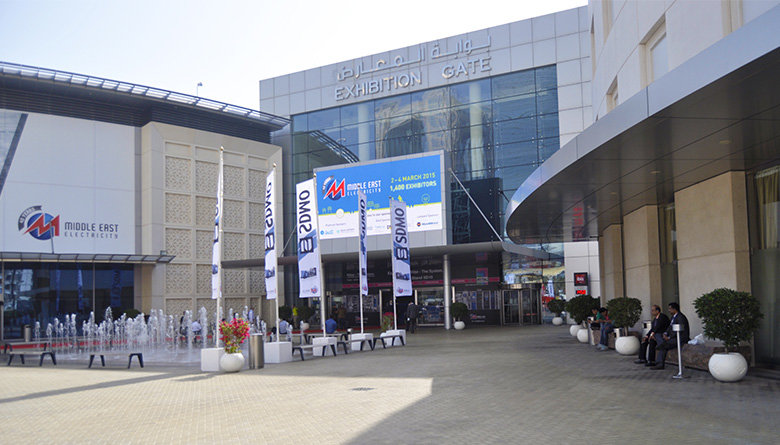Over the past several years, the price of solar energy has dropped significantly, making it one of the most competitive renewable power sources. There is a possibility that some consumers will be interested in purchasing a solar inverter for their residential solar panels. Check out this blog post for a rundown of all they are capable of doing if you are considering solar inverter settings.

What is a solar inverter setting?
A solar inverter is a piece of equipment that helps convert the direct current (DC) that is generated by solar panels into alternating current (AC), which can then be used in a building like a house or an office. Solar inverters are necessary to use solar energy in places that receive a limited amount of sunshine, such as a basement, or to power appliances such as a water pump or air conditioner.
What are the advantages of solar inverter settings?
They can assist you in lowering your monthly energy costs while assisting you in preserving the natural world around you. However, you need to be familiar with the functions of solar inverters before you can purchase one.
How to select a solar inverter?
To successfully install a solar system, it is vital to select the appropriate solar inverter; nevertheless, there are numerous elements to take into consideration, including the power output, voltage requirements, and runtime.
To begin, it is essential to have a solid understanding of the total amount of power that may be generated by your solar system. Solar energy can be converted into useful electricity for your house or place of business by using any type of inverter. Your solar panel installation will need to be proportionately larger than the amount of electricity that an inverter is capable of producing. Multiplying the size of your array by the wattage rating of the inverter will give you the wattage requirement for your system.
The necessary voltage is yet another essential factor to take into account. Both single-phase and three-phase variations of inverters are commercially available. Inverters that are single-phase can only be used with electrical systems that are 120 volts, but three-phase inverters can be used with electrical systems that are either 120 or 240 volts.
The duration of the run is the third consideration. You will want to be certain that the inverter you pick has the required amount of runtime before you buy it. If, for instance, you will only require the use of an inverter for a short period (less than a month), then purchasing an emergency backup battery inverter may be the more cost-effective choice. On the other hand, if you intend to use your inverter for a length of time that is longer than one month, then you should look into purchasing an inverter that has a longer runtime.
Conclusion
It is crucial to have a solar inverter if you are planning to install a solar system in your home or if you just want to guarantee that your home is prepared for the possibility of losing power from the grid. During a prolonged power outage, you will be able to power essential appliances like lights and refrigerators with the help of an inverter, which takes the power that is derived from the sun and transforms it into the household current that can be used. If you are confused about whether or not you require an inverter, you should consult with SAKO about the options that are most suitable for your particular circumstances.

